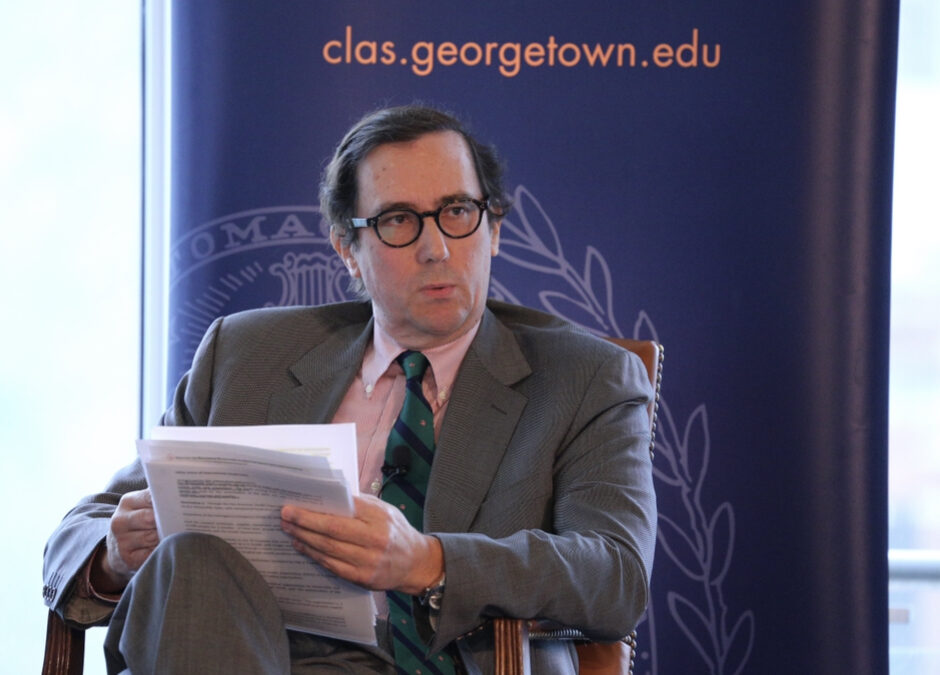

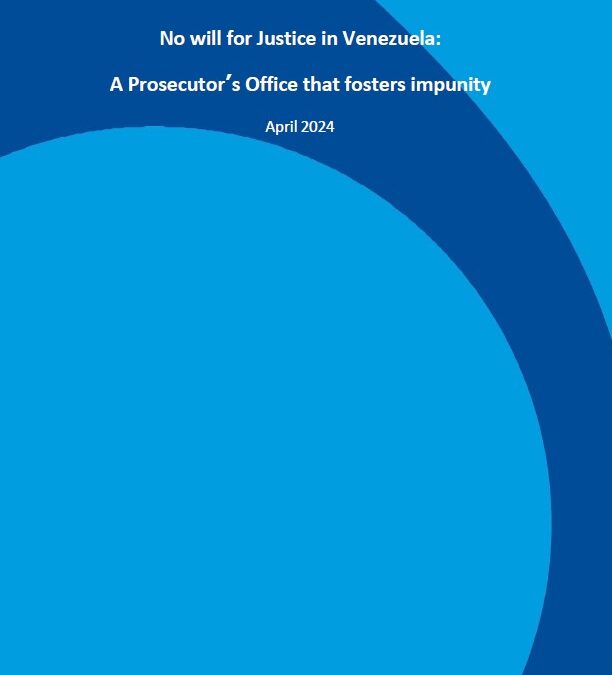
No will for Justice in Venezuela. A Prosecutors Office that fosters impunity
No will for Justice in Venezuela. A Prosecutors Office that fosters impunity.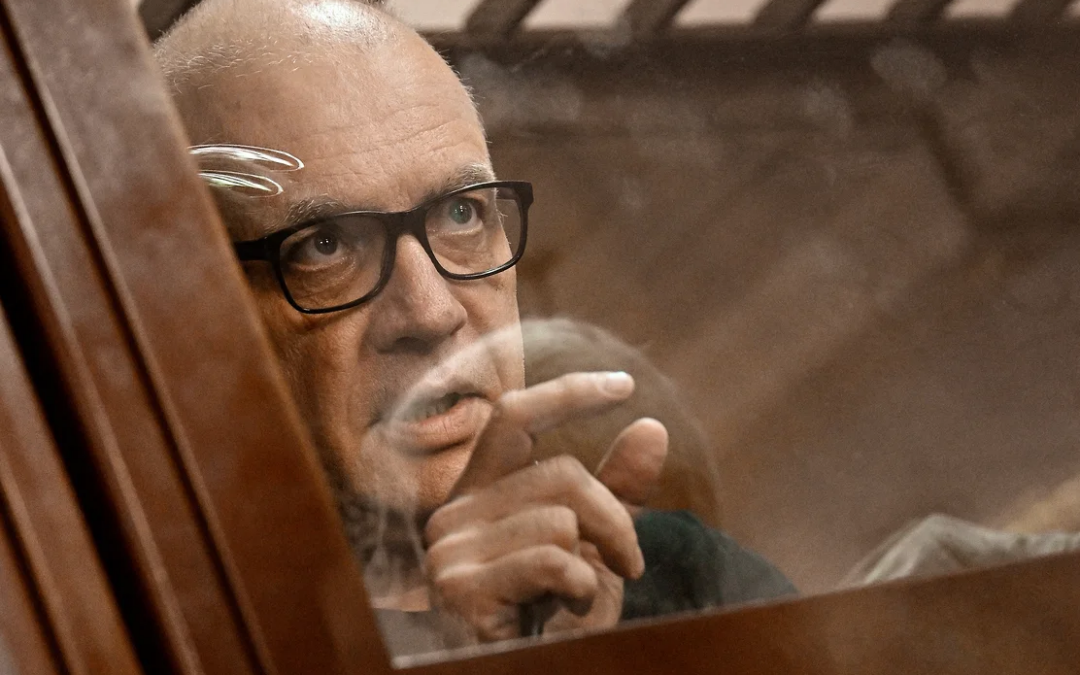
Russian Federation: Authorities must end the prosecution of lawyer Dmitry Talantov for exercising freedom of expression
The International Commission of Jurists (ICJ) condemns the ongoing criminal prosecution of Dmitry Talantov, a prominent Russian lawyer and former president of the Udmurtia Bar Association, and calls for the prosecuting authorities to put an immediate end to the trial against him and drop the charges.
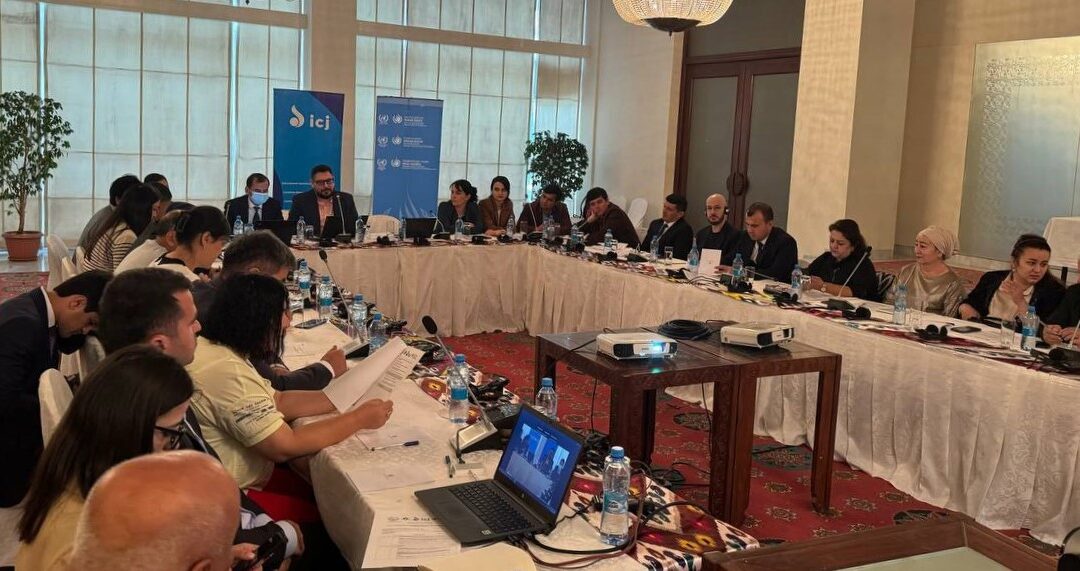
Tajikistan: Judicial roundtable considers means to strengthen fair trial and human rights protections
The International Commission of Jurists (ICJ) convened a roundtable in Dushanbe, entitled “The Role of an Independent Court in Ensuring a Fair Trial,” aimed at advancing core rule of law concerns within Tajikistan’s judiciary, with a special focus on judicial...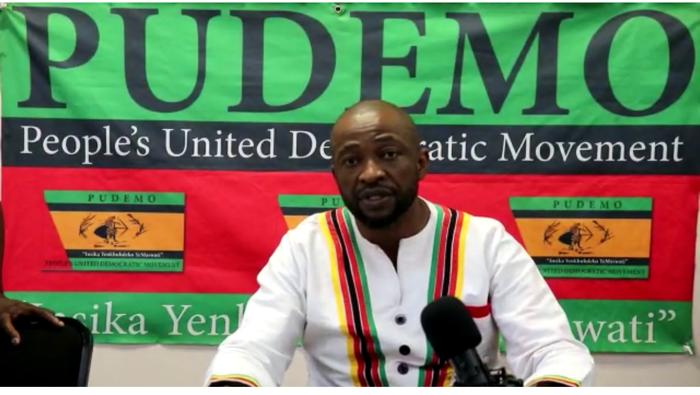
South Africa: Authorities must conduct an effective investigation into the alleged poisoning of Eswatini opposition leader Mlungisi Makhanya
The ICJ deplores the alleged poisoning of the President of Eswatini’s main political opposition party, People’s United Democratic Movement (PUDEMO), Mlungisi Makhanya,




